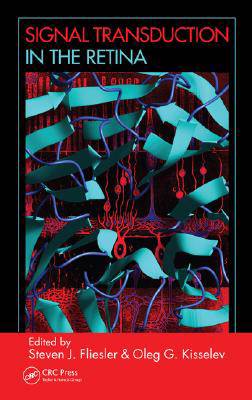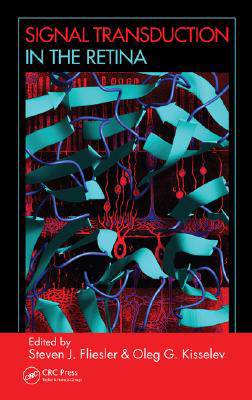
- Retrait gratuit dans votre magasin Club
- 7.000.000 titres dans notre catalogue
- Payer en toute sécurité
- Toujours un magasin près de chez vous
- Retrait gratuit dans votre magasin Club
- 7.000.000 titres dans notre catalogue
- Payer en toute sécurité
- Toujours un magasin près de chez vous
Signal Transduction in the Retina
Description
In the twenty-first century, we are just beginning to understand more clearly the enormous diversity and complexity of signaling processes in the retina. Integrating advances in the biochemistry, cell biology, physiology, and physics of phototransduction, Signal Transduction in the Retina presents the methodologies and experimental approaches that yield key information on the mechanisms underlying normal retinal physiology. This in-depth work discusses the latest techniques and applications for understanding retinal function and degradation, developing novel therapeutic strategies, and promoting cellular survival and functional retention.
Drawing contributions from experts in a range of disciplines, each chapter presents a brief overview of the area discussed along with specific methodology for obtaining the primary data to understand the cellular and molecular process. Given the dominance and wealth of information on rhodopsin-based phototransduction, the book devotes substantial attention to this topic, but also evaluates a diversity of signaling mechanisms.
Beginning with the molecular mechanisms of vertebrate phototransduction, this volume presents the structure of phototransduction cascade components at atomic resolution, as well as molecular interactions in multi-protein complexes and novel cell-based strategies for understanding signal shut-off and light adaptation. It discusses non-visual phototransduction and the role of melanopsin in adaptive photoresponses and circadian clock regulation. The book also compares the visual signaling processes of vertebrates and invertebrates. It examines experimental studies of insulin-based signaling in the inner and outer retina; investigates retinal development including signaling in progenitor cells, cell-cell communication in developing cells, and neovascularization; and studies lipid-derived mediators such as neuroprotectins and discusses the participation of retinal pigment epithelium in neuronal survival.
Spécifications
Parties prenantes
- Editeur:
Contenu
- Nombre de pages :
- 408
- Langue:
- Anglais
- Collection :
Caractéristiques
- EAN:
- 9780849373152
- Date de parution :
- 01-12-07
- Format:
- Livre relié
- Format numérique:
- Genaaid
- Dimensions :
- 156 mm x 233 mm
- Poids :
- 724 g






